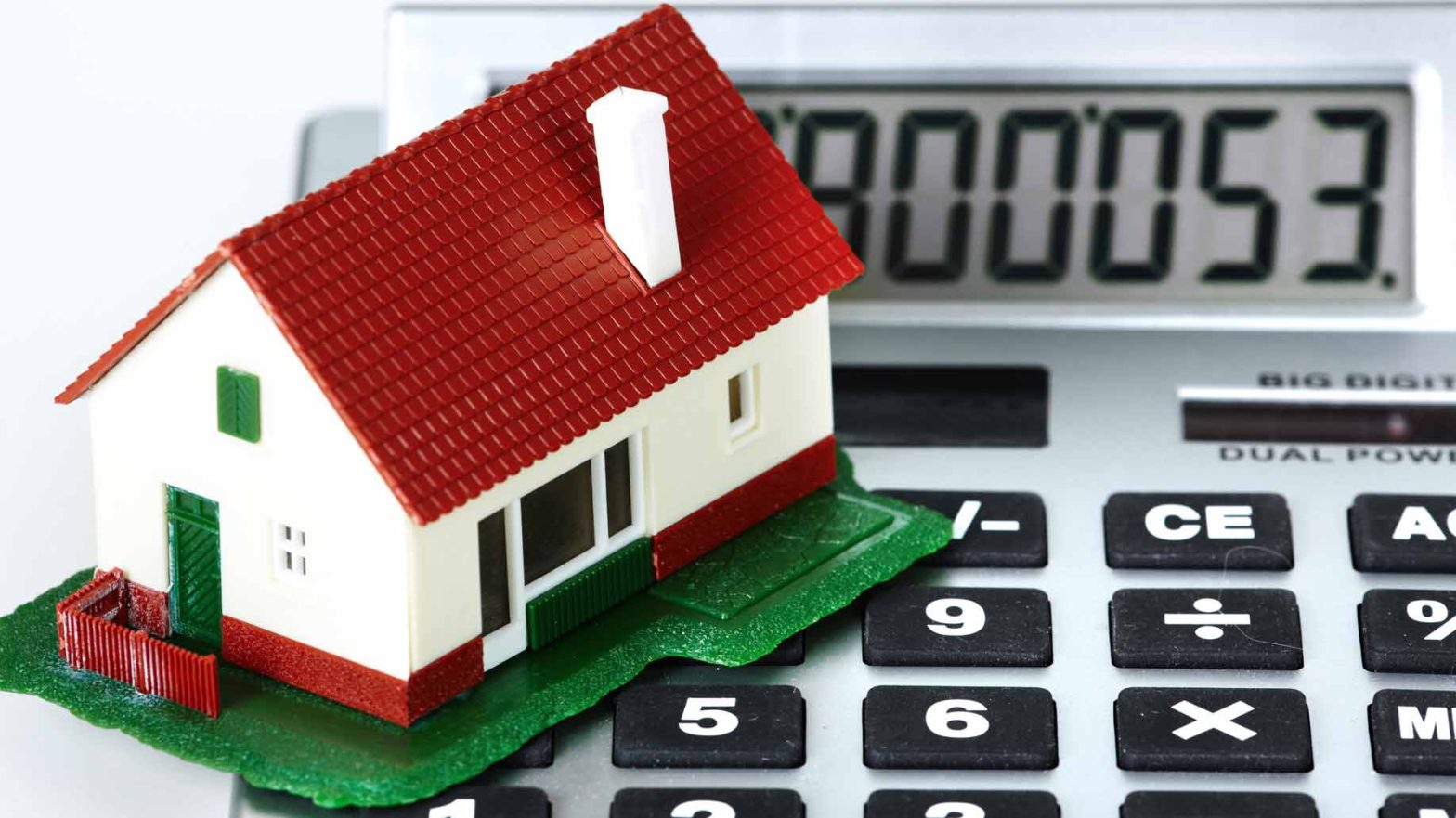Buying a property is a significant milestone, and while the excitement of finding your dream home is palpable, it’s essential to be aware of the associated costs involved in the transfer process. In South Africa, understanding these transfer costs is crucial for prospective homebuyers to make informed financial decisions. Let’s delve into the key components that make up property transfer costs in the South African real estate landscape.
- Transfer Duty: One of the primary costs incurred during property acquisition in South Africa is transfer duty. This is a tax imposed by the government and is calculated on a sliding scale based on the property’s purchase price. It’s important to check the latest transfer duty rates, as they may be subject to change, and factors such as first-time homebuyer exemptions can influence the amount payable.
- Conveyancing Fees: Engaging the services of a conveyancer is an essential step in the property transfer process. Conveyancers are legal professionals responsible for facilitating the legal aspects of property transactions. Conveyancing fees cover the drafting of necessary legal documents, liaising with relevant authorities, and ensuring the transfer process adheres to legal requirements. These fees are negotiable but are typically based on the property’s purchase price.
- Deeds Office Fees: The Deeds Office is a vital entity in the property transfer process. It registers the change of ownership and ensures that the property’s title deed reflects the new owner’s details. Deeds Office fees cover the costs associated with this registration process and are typically payable by the buyer. The amount varies depending on the property’s purchase price.
- Home Loan Costs: If you’re financing your property purchase with a home loan, there are associated costs to consider. Bond initiation fees, once-off charges levied by the financial institution for processing your home loan application, are part of these costs. Additionally, the buyer may be required to pay for a property valuation, which is a prerequisite for the loan approval process.
- Transfer Costs Calculator: To get a clear estimate of the total transfer costs, prospective buyers can utilize online transfer cost calculators. These tools take into account various factors, including the purchase price, bond amount, and other associated costs. While these calculators provide an estimate, it’s advisable to consult with a financial advisor or conveyancer for a more accurate breakdown tailored to your specific situation.
- Other Miscellaneous Costs: Beyond the major components mentioned, there may be additional miscellaneous costs to consider. These can include rates and taxes clearance certificates, homeowner’s association levies, and any outstanding amounts payable by the seller. It’s crucial to factor in these miscellaneous costs to avoid unexpected financial surprises during the property transfer process.
- Conclusion: Understanding the transfer costs associated with buying a property in South Africa is fundamental for prospective homebuyers. By being aware of these costs and planning accordingly, buyers can navigate the property transfer process with confidence and financial prudence. Whether you’re a first-time buyer or a seasoned homeowner, taking the time to comprehend and budget for these transfer costs ensures a smoother and more informed journey towards acquiring your new property.
